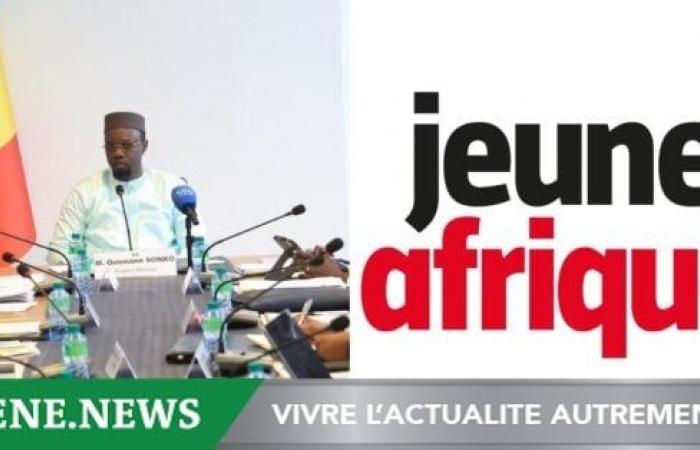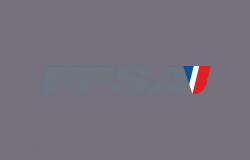For almost a week, Jeune Afrique has crystallized criticism in Senegal. At the origin of the controversy, an article published on April 28, entitled “Jihadism: Is Senegal in the viewfinder of Jnim? “, In which the Pan -African media, based on a report by the Timbuktu Institute led by Dr. Bakary Samb, evokes an attempted infiltration of Senegal by the support group for Islam and Muslims (JNIM). A publication that immediately aroused outcry.
Voices are rising, in particular within civil society organizations and political spheres, to denounce what they consider as an attempt at media manipulation in a sensitive geopolitical context. The front for an anti-imperialist, popular and Pan-African revolution (FRAPP), led by deputy Guy Marius Sagna (Pastef), was one of the first to react.
“We firmly condemn the disturbing coincidence between the announcement of the gradual withdrawal of French troops and the recent publications in Jeune Afrique and on RFI, which suggests that Senegal could be the next target of the Jnim terrorist group,” said the FRAPP, seeing a strategy of the imperialist powers aimed at keeping their hold on Africa under the guise of the fight against terrorism.
In the process, the framework of democratic and patriotic reflection CRDP-50 called for more radical measures. He asked the government to suspend the dissemination of all the supports of Jeune Afrique in Senegal, this time not because of the alerts on terrorism, but for another article deemed tendentious. The latter would call into question, according to the CRDP-50, the quality of the recent report of the Court of Auditors on public finances.
The file has now crossed the state threshold. According to the director of communication, Hard Dia, a formal notice will be sent to Jeune Afrique. The Senegalese government criticizes the media a series of articles deemed defamatory, relating in particular to jihadism, the report of the Court of Auditors, as well as the dismissal of civil servants.
“All of these were documented in a report. The minister asked us to act. The sanctions envisaged are graduated: they could range from the expulsion of the local representative of the media to his full ban. We are not there, but clarifications are essential, “said Habibou Dia.
The reactions are linked to the television sets. On without limit, some columnists even call for “getting rid” of Jeune Afrique, described as “rabaaj” (smoking). The Yoor-Yoor newspaper, close to Pastef, titled on the front page: “JA, the large sinking of a manipulator media”.
The current distrust of Jeune Afrique is part of a sub-regional climate marked by the growing distrust of Western media, in particular French. The alleged political influence of these media fuels suspicion. A declaration by the French president demanding that the press relay the positions of the Élysée has only aggravated this feeling of distrust, despite the internal protests of journalists from France Médias Monde.
Historically, Jeune Afrique has a controversial reputation on the continent. Accused of media blackmail for advertising purposes, suspected of collusion with certain Western powers, the media was several times at the center of controversies. His role during the 2010 Ivorian post-electoral crisis, where he was accused of having demonized Laurent Gbagbo in favor of Alassane Ouattara, remains in the memories.
The current crisis is not isolated. In August 2024, Jeune Afrique was suspended in Burkina Faso. President Ibrahim Traoré had denounced an attempt at the media to restore the image of the country in exchange for funds. In Mali, his correspondent was expelled in 2022. Other international media such as the BBC also underwent suspensions or similar threats to Niger, Chad and Burkina.








